Irys launches layer-1 programmatic data blockchain
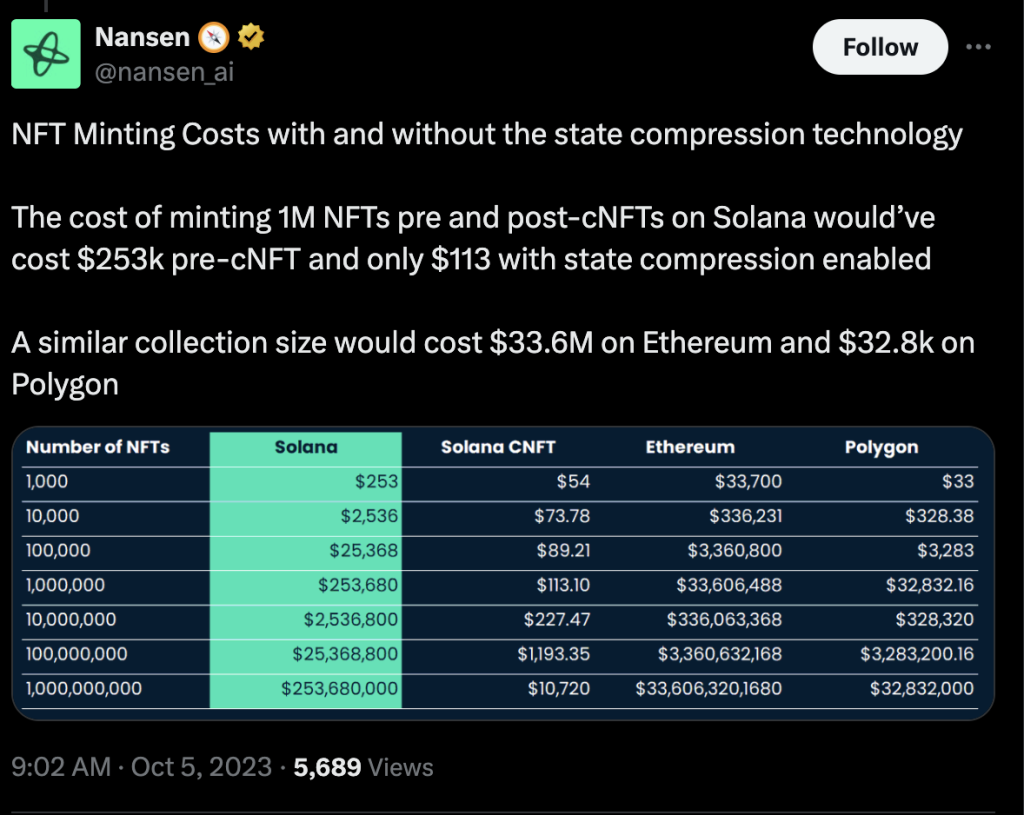
The price of storing data directly on the blockchain is extremely prohibitive for most users, leading to an overreliance on traditional IT.

Irys, a project focused on data provenance, announced the launch of its new layer-1 blockchain, which brings vertically integrated data storage solutions to software developers building onchain products.
Software developers using Irys will have access to immutable data storage for applications built on Ethereum, Ethereum Virtual Machine (EVM)-compatible chains, Solana, Aptos, Avalanche and other networks.
Josh Benaron, founder and CEO of Irys, remarked on the importance of permanent data solutions in the age of Big Tech and centralized information technology:
“Data integrity should be based on technological guarantees — but it’s not. The over-reliance on centralized data infrastructure creates immense security risks, especially when digital bank accounts can’t fetch balances or social media accounts are wiped of photos and messages.”
In a statement to Cointelegraph, a spokesperson for Irys explained that the new protocol uses a dual-ledger system that temporarily stores data in its “submit ledger” until it is verified and then moved to the immutable “publish ledger.” In conjunction with the dual-ledger system, Irys uses a unique combination of proof-of-work and a staking function to incentivize miners to store data correctly.
Related: Internet Computer Protocol promotes blockchain engagement in Africa
Onchain data storage challenging traditional information technology systems
Currently, information technology services and cloud computing platforms are highly centralized. According to data from Visual Capitalist, 30% of individuals using the internet interact with websites using Amazon Web Services daily.
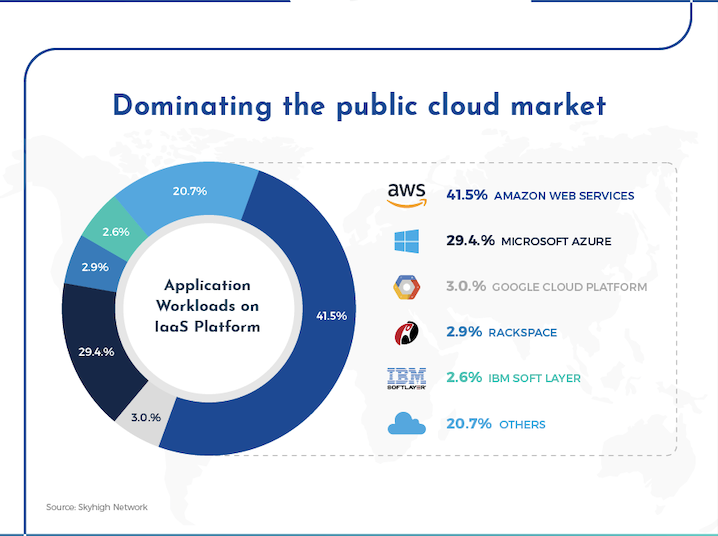
This means that Amazon Web Services and other similar cloud platforms have enormous power to censor the web, delete user data or otherwise control the internet.
Use cases
Normal economic data, such as transaction data from the Bitcoin network, does not currently require robust data storage solutions. However, games, non-fungible tokens (NFTs), websitesand decentralized social media applications do.
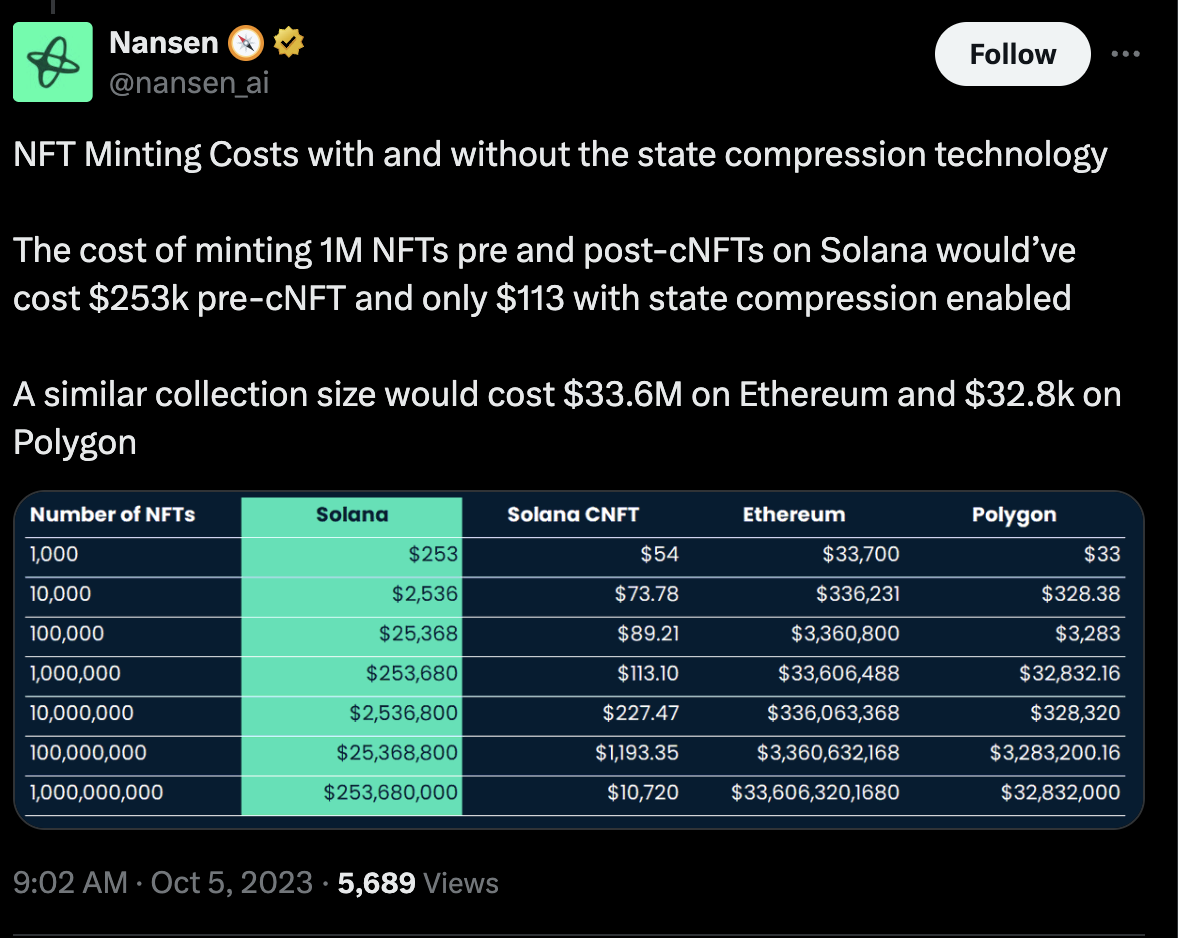
A 2022 study found it took $20,000 to store 500 kilobytes of data on the Ethereum network. These costs have come down substantially since Ethereum’s Dencun upgrade, but information like images, games and video are still not stored on Ethereum due to the high costs. This has presented an economic incentive for Arweave, Internet Computer and the InterPlanetary File System to store the world’s data onchain to reduce reliance on traditional Big Tech services.

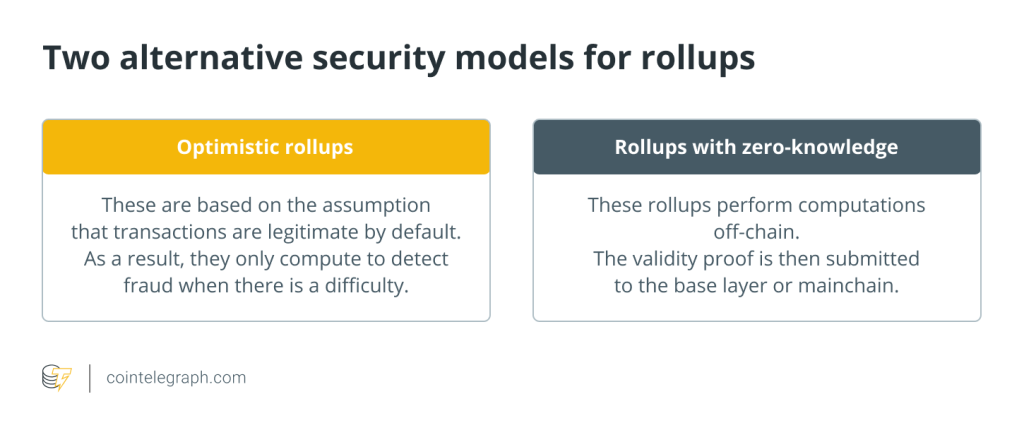



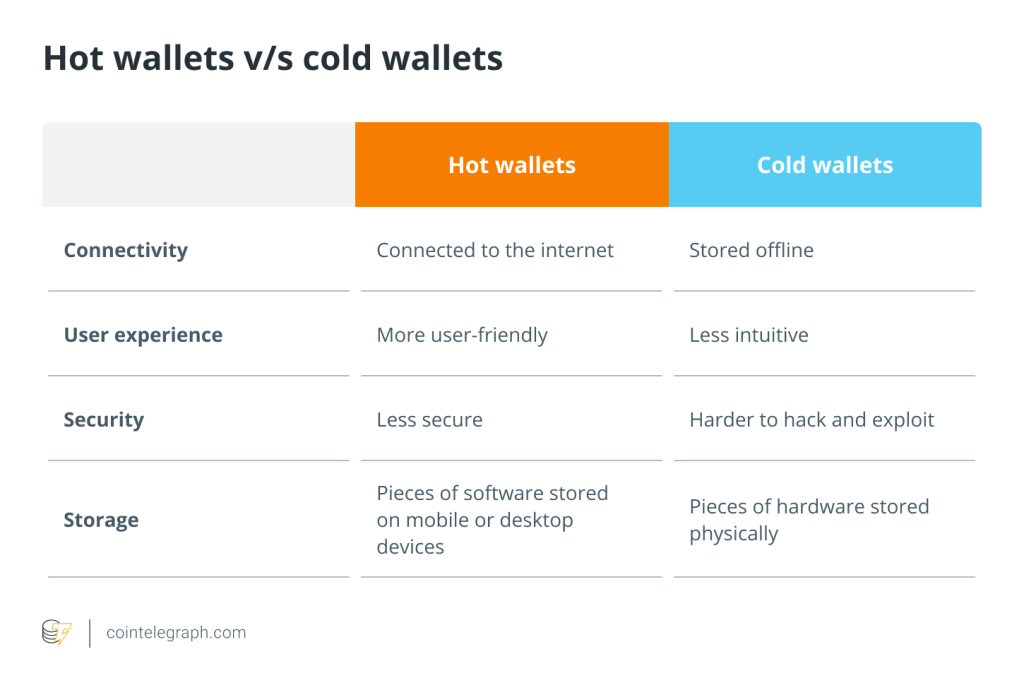
Responses